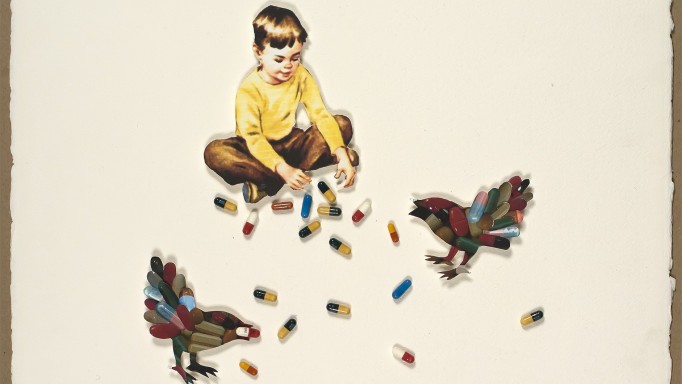6. Speak Up About Your Status
Speaking out about HIV with your family, friends and other trusted people in your social circle isn’t just a good way to find support—it can also help put a face to the epidemic and educate your loved ones about what it’s like to live with HIV today.
“I knew enough of the basics to talk regularly with friends and family. Just by starting the conversation, I realized how deep-rooted HIV-stigma is in the community,” says Yarbrough. According to the advocate, his work as a community health worker has proved to him that “what researchers, policy makers and providers might think is common knowledge about HIV, advancements in treatment and access to care is not trickling down to the community effectively.”
Aside from having regular in-person conversations with people who are HIV negative, speaking out on social media can also be a great way to share your status and information about HIV. Whether it’s proudly telling a story about recent advancements in treatment, creating an anonymous blog about HIV or even sharing a banner on one of many HIV awareness days, you can make a difference.
Click here to learn more about how HIV advocates are using social media to help raise awareness and educate the public about the virus.










